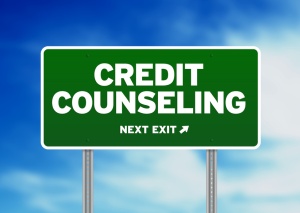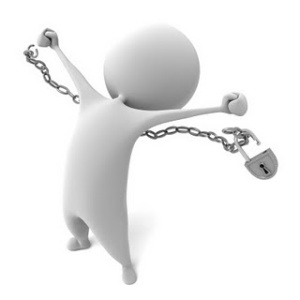
Debt consolidation can often be a challenging task for the average household. Between the bills that you may already have in place, and your previous debt history, you can find it difficult to find the loans for the repayments you need to be making right now. Worst of all, the longer that you wait to make those payments, the more they can pile up. Interest can compound this problem further, until you find yourself in a spiral with bankruptcy at the bottom.
Don’t let yourself get caught in this trap. Consider consolidating your debt payments with a company that specialize in working with household that are overextended and having problems making ends meet/have bad credit. With our debt consolidation for bad credit, you can get yourself back on the right financial track, with a sturdy foundation to establishing a positive payment history, and your financial future.
Debt is like a messy pet that you forget to lock up before going on an extended vacation. Left free to do what it pleases, it’s sure to make a mess of everything that you hold dear.
While your debts can’t rummage through your clothes closets or eat all the food in your pantry, they can still cause plenty of trouble. In fact, your mounting debts could wind up forcing you to declare bankruptcy.
You may have heard about various debt consolidation agencies that advertise quick relief from your unsecured obligations. Since there are several different methods of debt relief out there, it’s important that you seek out the type of help that’s right for your situation. You need a trusted source of debt consolidation advice to help you do this.
You Can Try To Pay Down Your Debts On Your Own
Don’t believe anyone who tells you that you can’t pay down your debts on your own. It’s entirely possible to muster the financial resources required to shrink and eventually eliminate your balances for good. To do this, you’ll need to pay down your debts one at a time. Begin with a particularly high-interest credit card or loan and work your way down the debt ladder until you’ve paid off your least expensive debt.
This process can save you hundreds of dollars in potential interest charges and reduce your payoff period by several years. However, it’s hard to muster the discipline to stay on schedule during a self-managed debt repayment plan. Such a plan might also require you to make uncomfortable cuts to your household budget. Your family might not be willing to make such sacrifices.
How Professional Debt Consolidation Companies Can Help
If you’re looking for a professionally-managed program of debt relief, you have several potential choices. Before making your decision, take the time to absorb a few key bits of debt consolidation advice.
First, it’s important to remember that debt consolidation can help you reduce only your unsecured debts. Since secured obligations like your car note or home equity loan are connected with physical assets that can be forfeited during default or bankruptcy, they can’t be consolidated or reduced by normal means. To alter the terms of a mortgage or auto loan, you’ll need to enter a program of refinancing.
Then again, a debt consolidation program that reduces your burden of unsecured debt could still prove useful. In fact, it could mean the difference between a devastating declaration of bankruptcy and a stable financial future. Unsecured debts that can be reduced by debt consolidation include medical bills, personal credit lines, court judgments, retail-store cards and regular credit cards.
Will A Debt Consolidation Loan Work?
You could choose to take out a debt consolidation loan to help pay down your debts. Although it might seem unwise to open yet another line of credit while you’re trying to get a handle on your current debts, this method of debt relief might meaningfully reduce your total burden.
Once you agree to the terms of your loan, your debt consolidation lender will pay off your existing unsecured creditors and leave you responsible for a single larger loan. This greatly simplifies your repayment arrangements by requiring you to send just one monthly payment to your lender.
Unfortunately, debt consolidation loans can carry high rates of interest unless you have a good credit score. The interest rate on your loan could be as high as 20 percent or more if you have bad credit. This might be even more expensive than the average rate on your old debts. Due to their expense and other factors, most borrowers who listen to unbiased debt consolidation advice from financial experts choose not to take out debt consolidation loans.
Consider The Debt Consolidation Loan Alternative
Rather than take out a costly loan that many produce limited long-term savings, opt for a proven debt relief program from a trusted provider. National Debt Relief, one of the country’s foremost authorities on debt consolidation, has been providing debt settlement services for years.
Like a debt consolidation loan, the debt settlement process can help you reduce and pay down your debts in less time than a self-managed program of debt relief. Unlike a debt consolidation loan, it can actually reduce the principal balances on your existing debts.
National Debt Relief Program offers a free debt analysis which can be taken advantage of at their website:
www.nationaldebtreliefprogram.org









